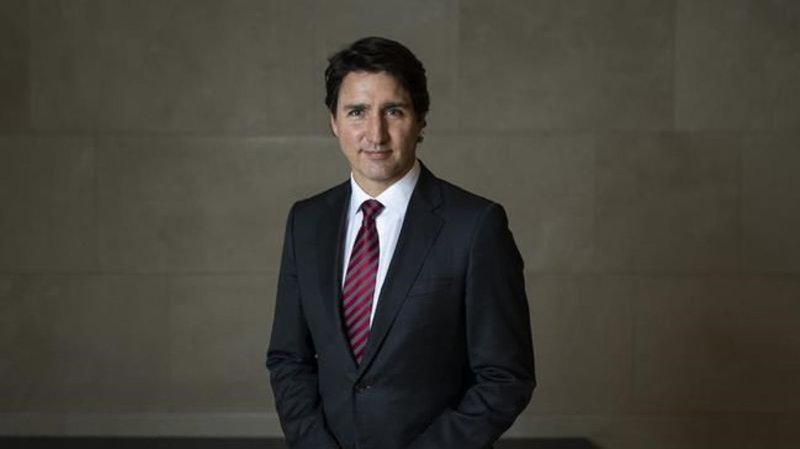
Trudeau beset by series of crises as PM, 2022 promises to be no different
OTTAWA — Another year, another crisis.
For Justin Trudeau, it’s become something of a routine.
Of his six years as prime minister, only one — his first — has been what might be considered a normal year of governing, with the usual ups and downs.
His first mandate was upended in the second year by the potentially calamitous election of Donald Trump south of the border.
